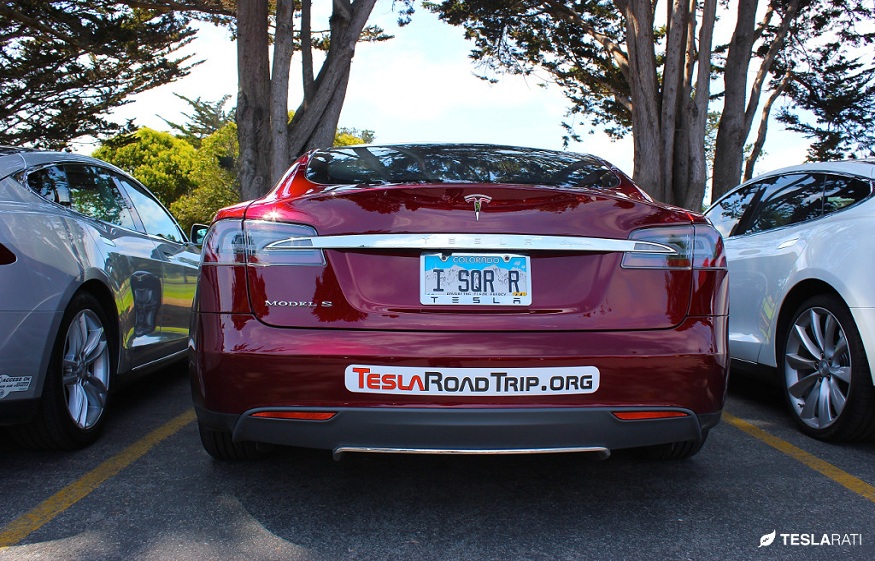
In India, third-party vehicle insurance is mandatory. However, this may need more coverage for your damaged car repairs. Converting to a comprehensive insurance policy is crucial for full coverage. This post will discuss the process and key considerations before making this transition.
How To Convert Your Car Insurance From Third-Party To Comprehensive
Converting from a third party to a comprehensive car insurance policy is straightforward. The comprehensive policy offers more significant benefits than the basic third-party coverage. Follow these steps to make the conversion.
- Go to an Indian car insurance website online.
- Go to the page for car insurance.
- Put your vehicle’s number in here.
- Don’t enter the previous policy number.
- Go ahead and purchase a comprehensive policy.
- Determine your car’s insured declared value.
- Purchase extra coverage or add-ons as needed.
- Examine the policy’s terms and conditions for car insurance.
- Make a payment.
If an inspection is required, choose a date as your insurer prompts. Once approved, your car insurance policy will arrive in your inbox within days. Not every renewal requires an inspection. The easiest way to buy car insurance in India is online.
Things To Consider Before Making A Switch
- The Policy’s Cost: Third-party car insurance has limited coverage, encompassing liabilities in accidents with other parties. It protects legal liabilities, third-party property damage, injuries, and personal accidents. However, it doesn’t cover its own damage. Switching to a comprehensive policy combines third-party and own damage coverage, broadening protection but increasing costs. Factors influencing the final cost include the insurance company, car make and model, and additional coverages. You can use a car insurance premium calculator to check on the prices of premiums to be paid.
- Covrage: Adding your own damage coverage is the main modification in switching to a comprehensive policy. This coverage protects against various damages, including vandalism, natural disasters, fire, riots, and theft. If your insured vehicle is stolen, notify the insurance company and the police promptly. If the car remains untraceable and a non-traceable report is issued, you can claim the amount from the insurance company. Claims are subject to terms and conditions set forth under the motor insurance policy. *
- IDV: IDV, or Insured Declared Value, is your car’s approximate market value, which is crucial in determining car insurance It also represents the maximum payout for severe damage or theft. Choosing the right IDV is essential to avoid receiving less money with a lower amount or paying a higher premium with a higher amount.
- Deductibles: Deductibles, paid when making a claim, come in required and optional types in car insurance. You can choose the amount for the voluntary deductible, reducing policy costs but accepting a smaller claim payment. The mandatory deductible is a fixed amount paid when your claim is settled.
- NCB: Renew your comprehensive car insurance without filing a claim to receive the No Claim Bonus (NCB). NCB is applicable upon renewal, not when purchasing a third-party policy or initially. After five claim-free years, NCB can reach 50%.
* Standard T&C Apply
Insurance is the subject matter of solicitation. For more details on benefits, exclusions, limitations, terms, and conditions, please read the sales brochure/policy wording carefully before concluding a sale.




